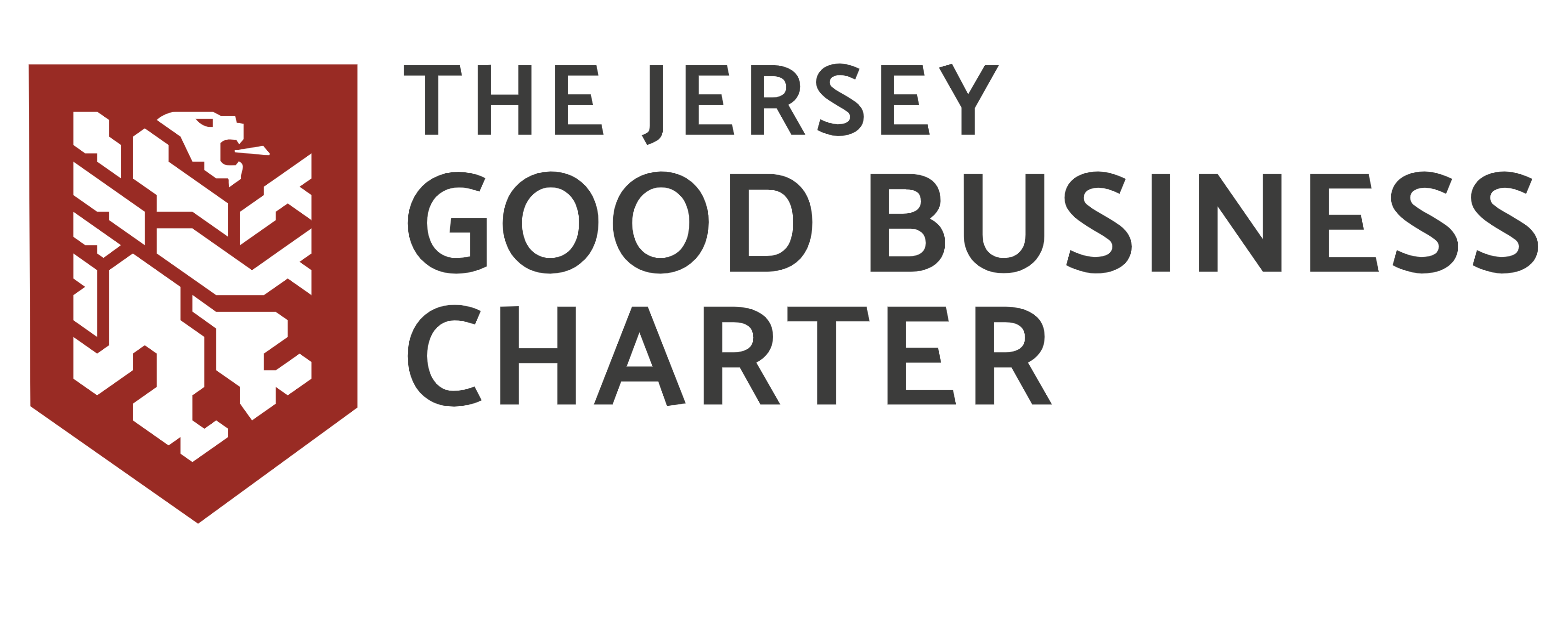Ethical Supplier Relations: Why Fairness Matters
Building strong, ethical relationships with suppliers isn’t just good for business—it’s essential for sustainability and long-term success.
In an increasingly interconnected business world, maintaining fair and ethical supplier relationships is crucial to establishing trust and fostering business resilience. Suppliers play a critical role in a company’s value chain, and treating them with transparency, fairness, and respect leads to better partnerships and long-term sustainability. In regions like Jersey, where the business community is tightly woven, fair supplier practices are even more vital for maintaining reputation and operational continuity.
The Good Business Charter and Ethical Supplier Relations
The Good Business Charter advocates for fair treatment of suppliers as a core element of ethical business practice. This means negotiating fair contracts, ensuring timely payments, and building long-term relationships based on mutual trust. Businesses that adhere to these principles often find that they gain more reliable suppliers, better pricing agreements, and increased flexibility.
A 2023 study by *Supply Chain Quarterly* showed that businesses with strong ethical supplier relationships were 40% more likely to navigate supply chain disruptions effectively. This is particularly important for businesses in Jersey, where supply chain logistics can sometimes be more complex due to geographic isolation. Ethical partnerships ensure smoother operations and fewer disruptions.
Why Fairness in Supplier Relations Matters
Fairness isn’t just about paying on time or offering competitive contracts; it’s about building relationships that are mutually beneficial and resilient. When businesses engage suppliers ethically, it fosters trust, reduces risks, and enhances operational efficiency. Suppliers who trust their business partners are more likely to provide better service, offer flexibility in times of need, and even prioritize your company during shortages or crises.
Furthermore, ethical treatment of suppliers boosts a company’s reputation. Customers and stakeholders are increasingly scrutinizing businesses for their ethical practices, and a transparent supply chain is a key indicator of corporate responsibility.
Key Principles for Ethical Supplier Relations
Here are the key steps businesses can take to ensure they are fostering ethical relationships with their suppliers:
1. Decent Terms of Business: Establish fair contracts with clear, transparent terms that protect both parties.
2. Open Communication: Maintain regular and open communication with suppliers, ensuring that expectations are aligned and any issues are addressed promptly.
3. Fair Payments: Ensure timely payments to suppliers, particularly small businesses, as delayed payments can significantly impact their operations.
4. Long-Term Partnerships: Focus on building long-term relationships rather than purely transactional ones. This fosters mutual trust and greater business resilience.
The Jersey Connection
In smaller markets like Jersey, where businesses and suppliers often rely on close relationships, treating suppliers ethically is not just beneficial—it’s essential. The Jersey Chamber of Commerce and Jersey Institute of Directors have long advocated for ethical supplier practices as a way to strengthen the local economy and ensure sustainable growth. Ethical supplier relations also help businesses in Jersey gain a reputation for responsibility and trustworthiness, both critical in a tight-knit business community.
Conclusion
Building ethical supplier relationships is crucial for creating a resilient, sustainable business. Companies that prioritize fairness, transparency, and long-term partnerships with suppliers not only improve their operations but also enhance their brand reputation. For businesses in Jersey and the Channel Islands, where the business community is interdependent, ethical supplier practices play an even more critical role in maintaining business continuity and fostering growth.
The Good Business Charter offers a clear framework for businesses looking to uphold ethical supplier relations, ensuring that companies operate with integrity at every step of the supply chain.
#EthicalBusiness #GoodBusinessCharter #SupplierRelations #JerseyBusiness #SustainableBusiness
